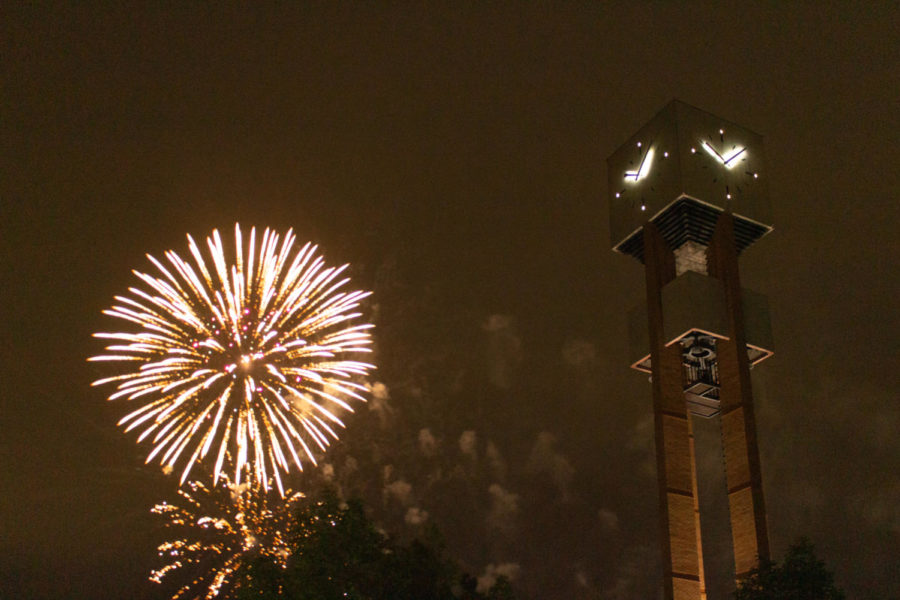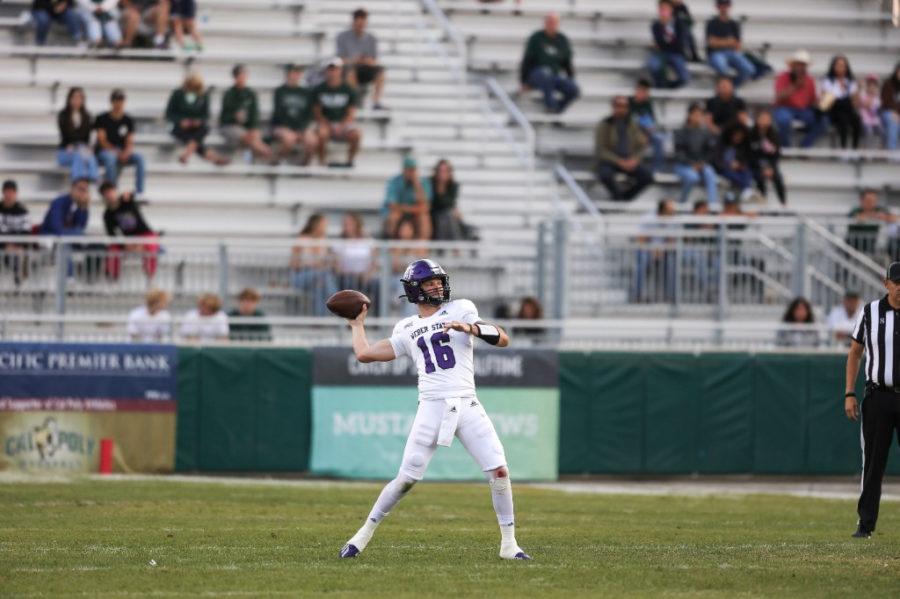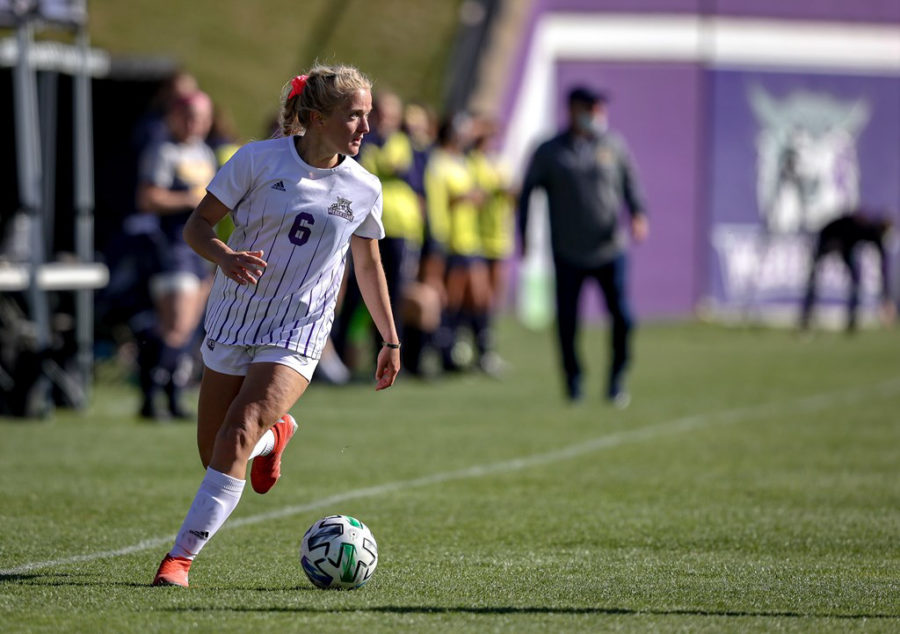
“Space: the final frontier.” For the past fifty years, the Star Trek motto has hinged on the idea that humanity could continue beyond Earth and inhabit other planets.
Adding to that sentiment, SpaceX CEO Elon Musk in an interview with National Geographic, projected that humans will land on Mars as early as 2025. The idea that humanity has a place on Mars seems plausible.
This Wednesday, guest speaker Daniel Adamo, will be addressing the question of whether or not getting humanity to Mars is possible during a lecture at Weber State University.
Adamo is an expert in the field of space flight trajectory and was a part of the NASA trajectory team.
“There are very few people on our planet that know more about how to get from Earth to other objects in space,” John Sohl, a professor of physics at WSU, said of Adamo.
In the past, Adamo has spoken at WSU and talked about the logistics of getting people to Mars.
Adamo’s past lectures have been aimed at those who are currently studying in the field of astrophysics, but the current lecture will be geared toward the general population.
Adamo will discuss whether or not permanent human settlement on Mars is a feasible goal and what is realistically involved in getting humanity there.

In addition to the science, Adamo will also address humanity’s fascination with the red planet, specifically how both culture and literature have cultivated this fascination throughout history.
Besides the red planet itself, Adamo will also spend part of his lecture discussing the possibility of humans inhabiting Venus and the complications involved with that venture.
Sohl said that he encourages the community to attend the event, and that it is important for everyone to understand that humanity can’t simply move to Mars if the Earth is no longer a viable option for living.
Sohl said he believes that understanding how much effort goes into getting a few people from Earth to another planet is crucial in helping people realize that humanity should be taking care of its current home, planet Earth.
“If we trash it (Earth),” Sohl said. “It is the only spaceship in town. There is no big spaceship besides Earth that will support us.”
Adamo’s presentation will be held at 7 p.m. on Feb. 22, in the Tracy Hall Science Center, room 234.
The 90-minute presentation is free to attend and is open to students, staff and faculty of WSU as well as members of the Ogden community.
More information about the lecture and upcoming events can be found online.



















